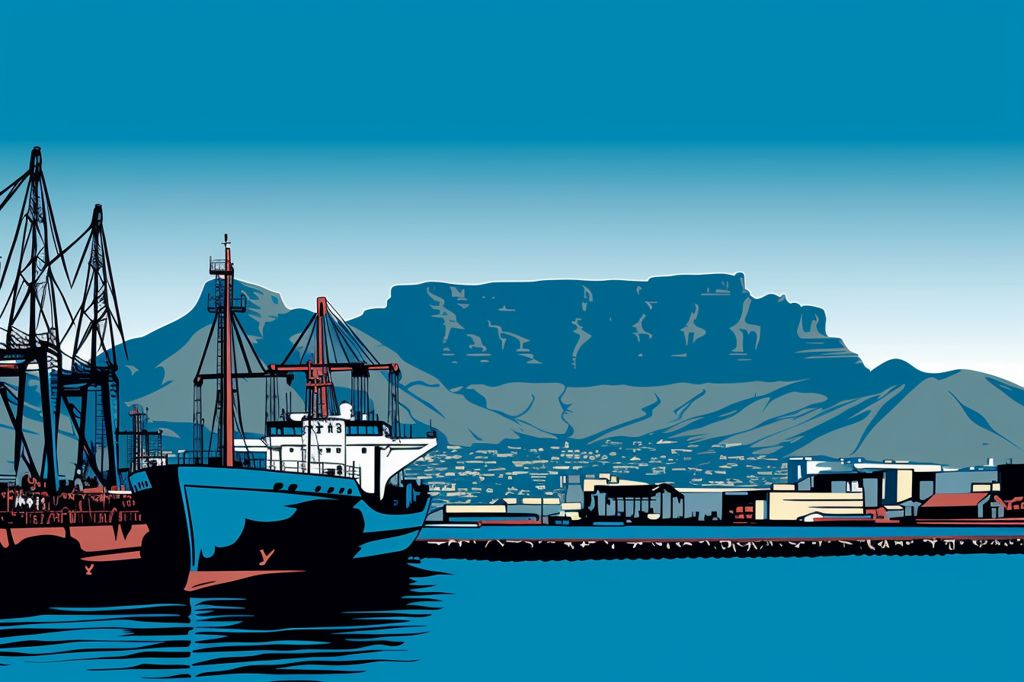The Western Cape Government’s Department of Economic Development and Tourism has launched the Export Competitiveness Enhancement Programme (ECEP) to support businesses working towards export readiness and expand their presence in international markets. This move aims to boost economic growth and create employment opportunities, which aligns with the provincial Growth for Jobs Strategy.
Increasing Exports for Economic Growth
According to research, a 10% increase in exports could generate an additional R6 billion to the Western Cape Gross Domestic Product, leading to significant job creation. Thus, expanding exports of products and services is a key focus area of the provincial Growth for Jobs Strategy.
Unlocking Export Opportunities through ECEP
The ECEP program’s primary objective is to invest in businesses’ capacity to unlock export opportunities through structured processes such as business turnaround or business improvement. The program also aims to enhance entrepreneurs’ skills and their businesses’ competitive position in terms of scale and efficiency.
The program targets specific businesses and offers support mechanisms to improve their capability, competitiveness, productivity, and export growth. The Fund will support several activities, including product reformulation and refinement, international packaging, labelling, and printing requirements, international product certification and standards for market access, product registration with relevant international bodies in export markets, international nutritional analysis, and specialized shipping requirements.
Online Briefing Session and Application Process
To provide more information on the ECEP, an online briefing session is scheduled for Tuesday, 06 June 2023, at 10h00. Interested businesses must register to attend the session by completing the online registration form.
The application process for the ECEP closes at midnight on 30 June 2023, and businesses in the Western Cape are encouraged to apply for this exciting opportunity.
Contact Information for Media Inquiries
For media inquiries, Georgina Maree, the Spokesperson for the Provincial Minister of Finance and Economic Opportunities (Responsible for the Provincial Treasury and the Department of Economic Development and Tourism), can be reached via the following contact information:
- Cell: 076 423 7541
- Email: georgina.maree@westerncape.gov.za
The Western Cape’s R5 million export booster fund demonstrates the government’s commitment to empowering businesses and driving economic growth. By supporting export-ready businesses, the province is positioning itself for a prosperous future with increased job opportunities for its residents.












